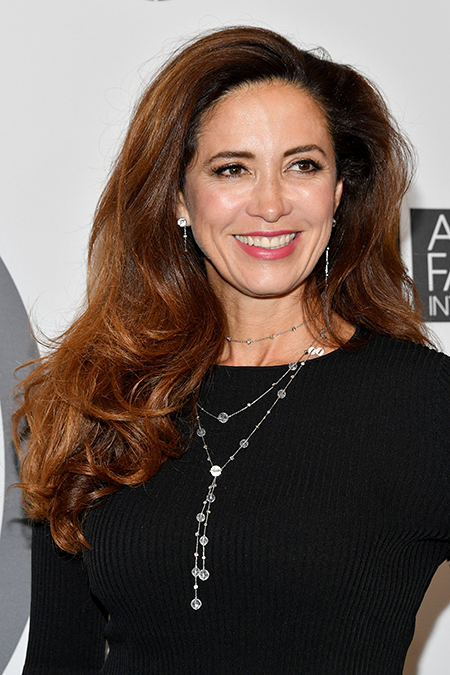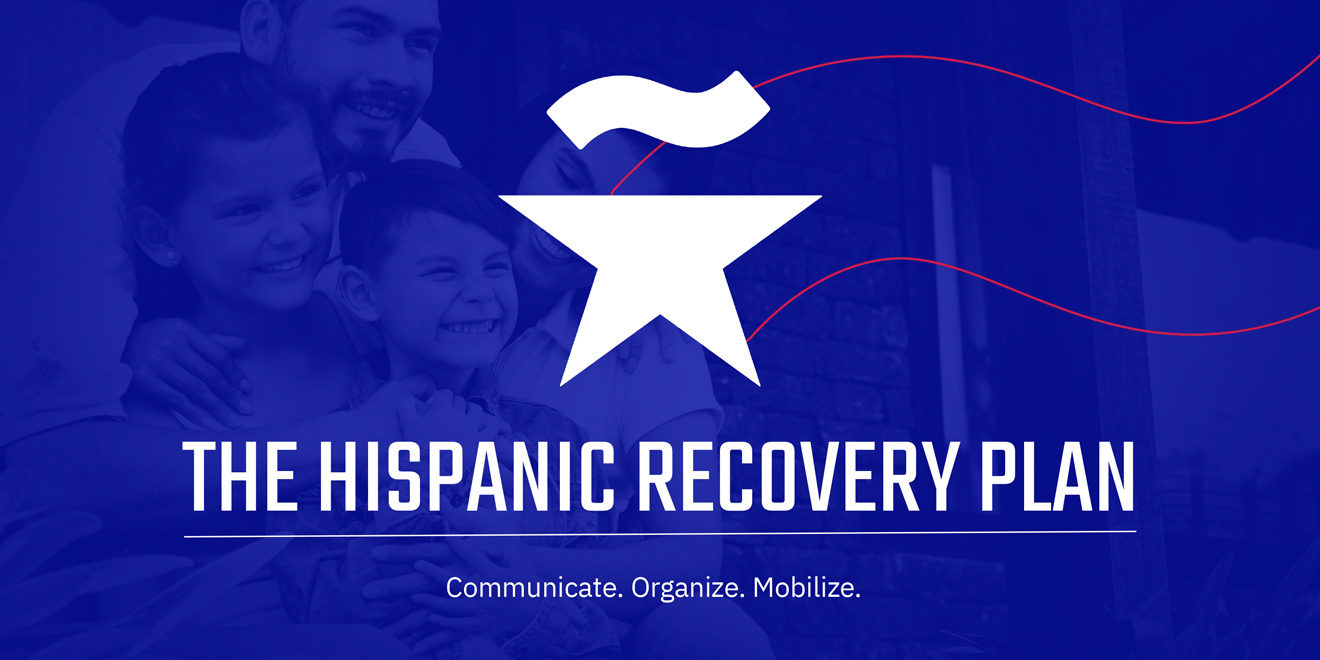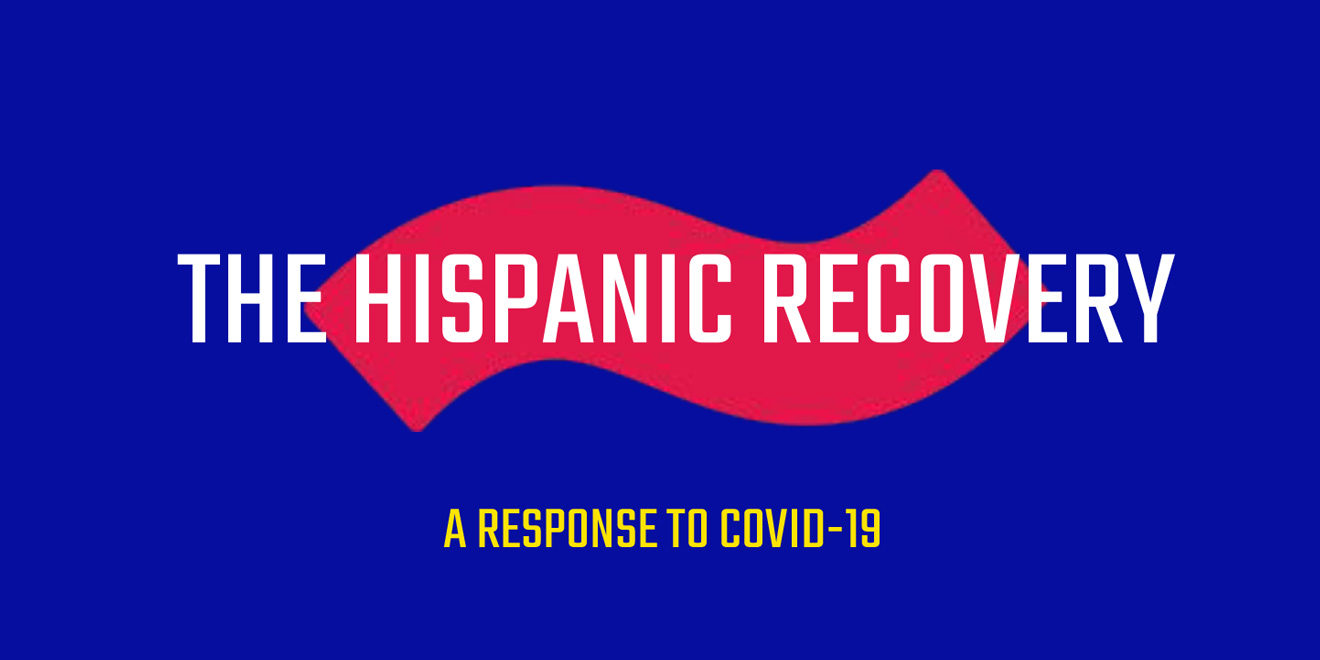Key insights:
What do you do when a major corporate diversity initiative’s launch is sidelined by a global pandemic? If you’re Claudia Romo Edelman and you’ve spent your entire career marketing humanitarian campaigns, you pivot and find a way to help.
Hispanic Star was all set to launch March 26 with a sponsorship rollout and special Spanish-language version of the national anthem at the Opening Day of the Major League Baseball season. The new initiative was supposed to be a massive branded Hispanic consumer outreach campaign to showcase the power of the U.S. Latino community, with corporate activation and merchandising partners like Pepsi, Tide, Verizon and more. Then COVID-19 happened.
But for Romo Edelman, whose foundation We Are All Human created Hispanic Star, it’s familiar territory. She’s already survived public health crises brought on by HIV, Ebola and SARS.

“I am a humanitarian worker specializing in war and disasters. This is my fourth pandemic,” said Romo Edelman, who sits on Adweek’s Diversity and Inclusion council.
Before launching the foundation, Romo Edelman handled marketing and communications projects at global NGOs like the United Nations; Unicef; the World Economic Forum and the Global Fund to Fight AIDS, TB and Malaria.
Instead of just putting off the launch, the entire purpose of the Hispanic Star campaign pivoted. Now, its primary initiative is the Hispanic Recovery Plan, a relief effort focused on tackling unemployment in the Latino community and mobilizing the resources needed most during the pandemic crisis.

“This is a time for Hispanics to unify efforts and take action together; COVID-19 is already affecting us all, but Hispanics will be disproportionately impacted,” said Romo Edelman. “We understand the importance of coordinated action to protect each other today, but to also have a recovery plan so that we can get back on our feet quickly tomorrow.”
According to the U.S. Hispanic Chamber of Commerce, there are 4.37 million Hispanic-owned businesses contributing over $700 billion to the American economy each year. Data isn’t yet available on how many of those small businesses have shuttered in the coronavirus crisis, but Labor Department data released this week showed a stunning uptick in unemployment claims. And with so many shops, bars and restaurants around the country forced to close under government public health mandates, it’s likely that a high number of Latino-owned businesses have been direly impacted.
A slew of global corporations had already signed onto Hispanic Star before the launch date. Now, Romo Edelman is mobilizing backers like Unilever, Mars and Siemens to diversify their supply chains by bringing in Latino-owned small businesses. Hispanic Star is also urging the creative industry to extend contracts, donations and ongoing business to independent Latino workers.

Romo Edelman said the campaign is “basically redirecting the assets we already have” to engage long-term economic rehabilitation. “Every pandemic in every area is about the secondary consequences, like what are we going to do with the economy,” she said. “If you don’t have that recovery plan ready to go, it takes longer.”
Those assets are powerful: Over 5,000 Hispanic Star ambassadors and over 20 nationwide advocacy groups signed on alongside the corporate sponsors prior to the intended launch. Now, that network is unified toward a primary goal of getting Latinos back to work.
After the pandemic crisis stabilizes and people get back to work, Romo Edelman plans to move forward with events and content originally planned, like a September activation for Hispanic Heritage Month, Cannes events in October and December’s Hispanic Leadership Summit and gala.
But for now, expect things like webinars and town halls, as well as an online resource guide, to be rolled out first.
“U.S. Hispanics are underrepresented, undervalued, and we don’t ask for things,” said Romo Edelman. She said the original goal of Hispanic Star remains the same: to help Latinos in the U.S. understand just how large and powerful a community they really are.
“As a marketer, I know how important it is to change self-perception,” she said.
https://www.adweek.com/creativity/how-a-derailed-corporate-branding-launch-turned-into-a-new-hispanic-recovery-effort/

